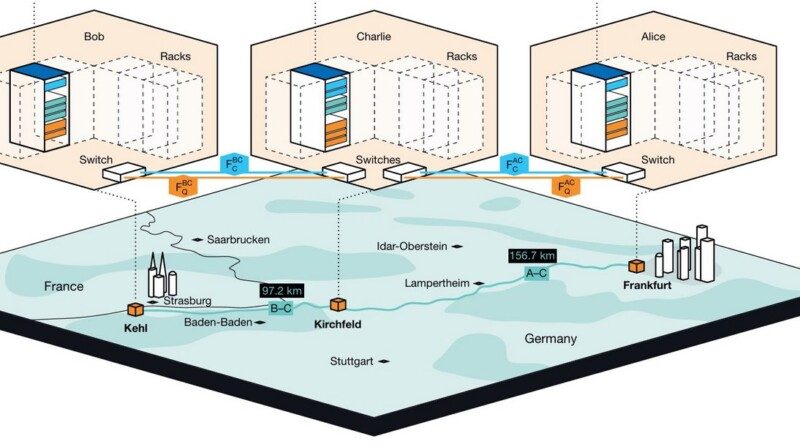In recent years, US research funding has faced significant cuts, particularly under the administration of former President Donald Trump. For scientists and researchers who rely on grants and federal funding to support their work, these changes have prompted many to reconsider their future prospects. This shift could present a unique opportunity for Europe to step in, attracting top research talent from the US. But is this possible? And if so, what would it mean for both sides of the Atlantic?
The Current Landscape: Cuts to US Research Funding
Under Trump, the US saw a series of cuts to key research programs and agencies. The National Institutes of Health (NIH) and the National Science Foundation (NSF), two major sources of funding for researchers in the US, faced budget reductions and stagnated funding levels. This left many researchers scrambling for alternative funding sources.
The Trump administration also made moves that reduced the attractiveness of the US as a destination for international talent. The rhetoric around immigration, combined with visa restrictions and barriers to collaboration, made some foreign researchers feel less welcome. These factors contributed to an environment where researchers, particularly from countries outside the US, began to reconsider their options.
Europe’s Opportunity
Europe has long been known for its robust academic systems and research infrastructure, but now it finds itself in an interesting position. With the challenges facing US researchers, Europe could be the place where top-tier talent seeks refuge. European countries like Germany, the UK, and Switzerland offer competitive research funding, attractive work-life balance, and a collaborative environment.
The European Union (EU) itself has also ramped up its funding for scientific research. The Horizon 2020 program, which has provided billions of euros for research across the continent, is one example of how Europe is investing in innovation. In addition, the EU’s commitment to open science and cross-border collaboration provides an appealing alternative for those facing a shrinking research environment in the US.
What Europe Has to Offer
- Generous Funding: Europe is home to some of the world’s largest research funding bodies. The European Research Council (ERC) and national funding agencies such as the German Research Foundation (DFG) or the UK Research and Innovation (UKRI) offer substantial grants to researchers.
- Diverse and Collaborative Environment: Europe’s emphasis on cross-border research collaboration allows for unique opportunities to engage with top researchers from all over the world.
- Quality of Life: Many European countries offer excellent health systems, work-life balance, and a strong focus on employee rights—all factors that contribute to a healthy research environment.
- Welcoming Immigration Policies: While the US has made it harder for foreign-born researchers to stay and work, Europe has been relatively more open. In some countries, researchers can easily move and work, often with more support than they would receive in the US.
The Challenges
That being said, there are still hurdles for Europe to overcome. While research funding is available, it is often spread thinly across many institutions. Moreover, European countries vary in their ability to support groundbreaking research. There is also the matter of language barriers, as English is not universally spoken in all academic settings.
Additionally, while European countries have attractive offerings, they are still catching up to the US in terms of venture capital funding and commercialization of research. This could limit the potential for researchers who want to turn their work into a high-impact startup or scale innovation quickly.
Conclusion
In the face of reduced research funding in the US, Europe could indeed become a viable alternative for top research talent. While there are challenges to overcome, Europe’s collaborative, diverse, and well-funded research environment offers a compelling choice for scientists looking for stability and growth. If Europe can continue to position itself as a leader in scientific innovation, it may just become the next hotspot for global research talent.



